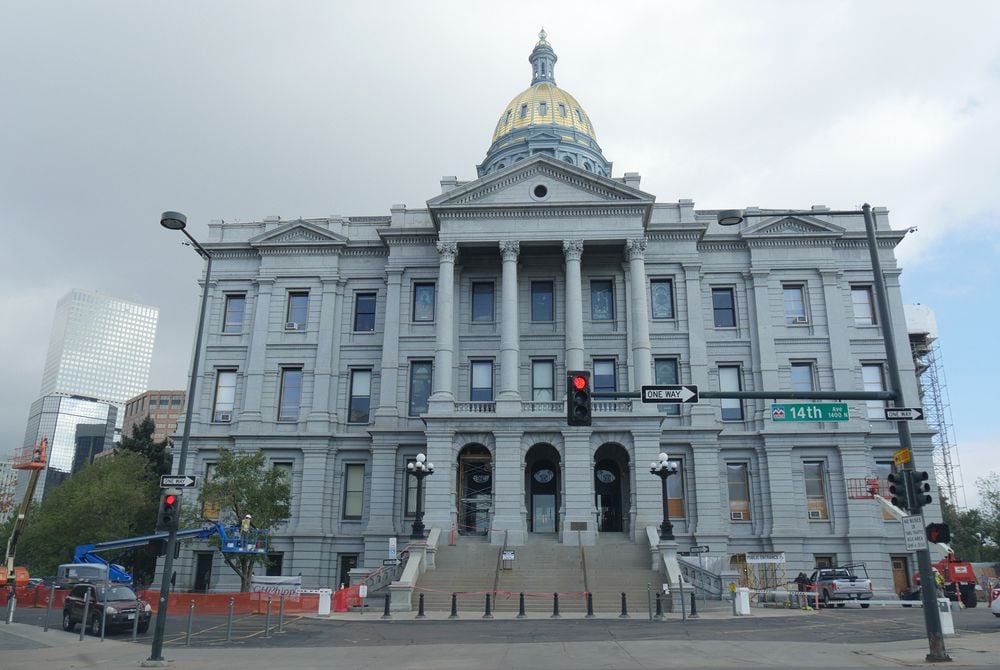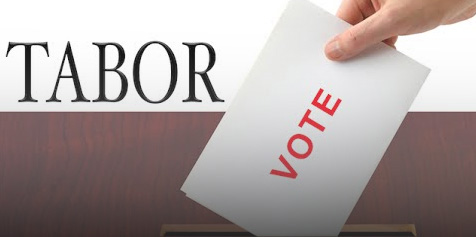As I’m watching the numbers roll in tonight from Colorado’s primary elections, I just had to tell you what the news might not pick up on, even if they noticed it. The big winner in tonight’s Republican Primary is our Taxpayer’s Bill of Rights.
You might recall last year several weak-kneed Republicans in the state legislature worked with 100% of the Democrats to blow a massive hole in TABOR. Senate Bill 267 labeled a giant tax hike as a “fee” and a $2 billion debt package as “certificates of participation” as a way to avoid going to the voters as required by TABOR. The end result is that while Trump gave you an income tax cut, these Republicans took it all away, without even asking.
Tonight Republican voters made very clear – when you betray us, when you betray our Taxpayer’s Bill of Rights, you will NOT go any higher in political office.
Three of the anemic Republicans who voted for this grand betrayal had the gall to run for higher office. State Senator Owen Hill wanted to become a U.S. Congressman, State Representative Polly Lawrence wanted to become Colorado’s State Treasurer, and State Representative Dan Thurlow wanted to graduate to State Senator.
All three lost in their primaries tonight.
Republicans should take note. You mess with our Taxpayer’s Bill of Rights, you go no higher in elected office (at least as a Republican).
Join our TABOR Yes coalition right now and help politicians remember why we love TABOR!
Think Freedom,
Jon
The big winner tonight is… TABOR!






